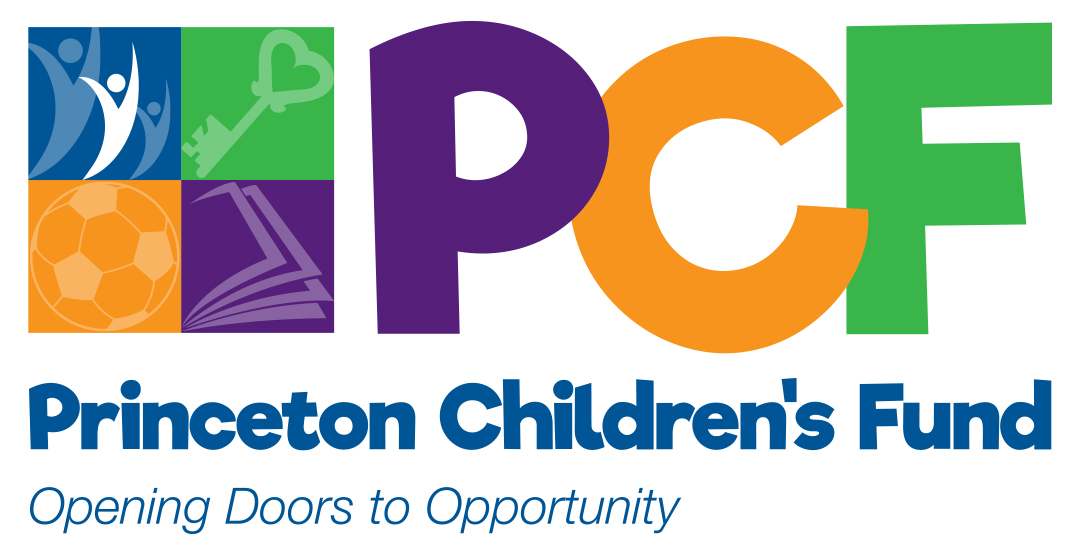The Facts
Many ask about facts to support the opportunity gap concept and sadly there is a wealth of information available. The chart below was created from data at collegeboard.com. It reflects 2016 data, and highlights the relationship between family income and college-bound seniors' SAT scores. Across the entire country, there is a difference of over 400 points in the score of a student whose family earns less than $20,000 and that of a student whose family earns more than $200,000. In New Jersey, the difference is over 465 points for college-bound seniors in 2016.
Family Income and SAT Score: A 400 point Difference
From the chart above, one can see the measurable difference among college-bound seniors, but the opportunity gap begins having an impact on school performance before a student even arrives in kindergarten. Intervention needs to begin ideally in pre-kindergarten but certainly by elementary school.
Another factor that can make interventions more challenging is the total number of students at risk within a particular school. In the Princeton Public Schools we are experiencing demographic changes that fall outside of the typical projections. The disproportionate and rapid expansion of students who are at risk presents more challenges for schools.
One might ask what the impact on standardized test scores is as the student population demographics change. Unfortunately, it is not difficult to answer. The higher the percentage of low income students at a school, the lower the general education mean scale scores.
Higher % Low Income = Lower Mean Scale Scores
Many factors can impact standardized test scores. For example, limited English proficiency, a special education designation, and economic disadvantage can all have some impact. One might be surprised at which factor presents the most difficulty.
By 8th grade, the impact of economic disadvantage on standardized test scores has become a huge problem. Below are scores from 8th grade students at John Witherspoon Middle School on the 2016 NJASK Science Test. As is clear from the chart, relative to general education mean scale scores, poverty has more of an impact than a special education designation or limited English proficiency.
Economic Disadvantage: The Worst Factor
Summary
Princeton Children's Fund works closely with the Princeton Public Schools to ensure that we address the changing demographics and the impact these characteristics can have. Our goal is to promote an equivalent experience for all children in the Princeton Public Schools regardless of their financial situation. Our vision is to eliminate the opportunity gap so our students' natural talents and academic achievements define their lives and poverty does not.
